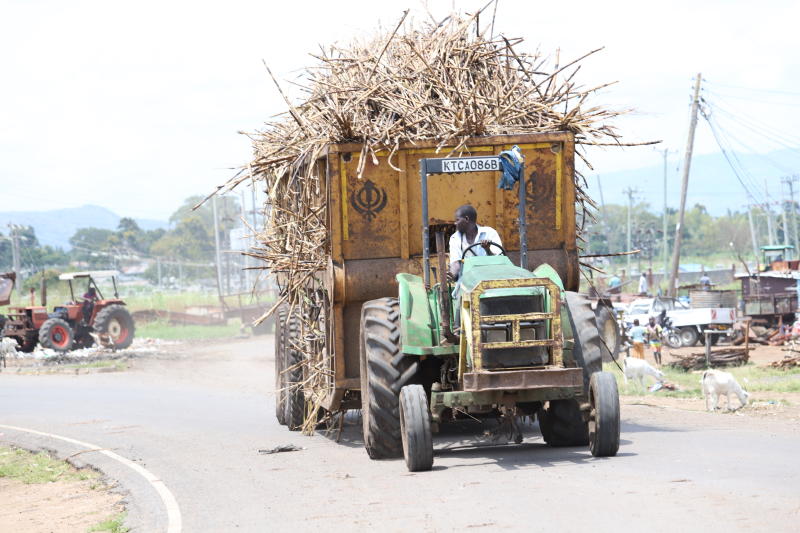×
The Standard e-Paper
Smart Minds Choose Us

A task force recently constituted to look into issues affecting the sugar industry has begun sittings in Kisumu.
The committee chaired by Kakamega Governor Wycliffe Oparanya will over the next three weeks identify challenges facing the industry and give recommendations to Agriculture Cabinet Secretary Mwangi Kiunjri early January.